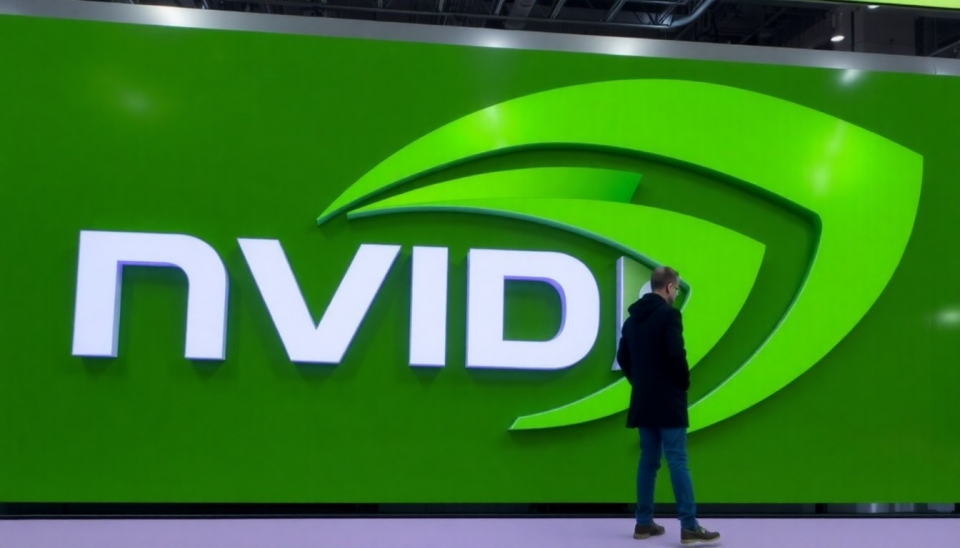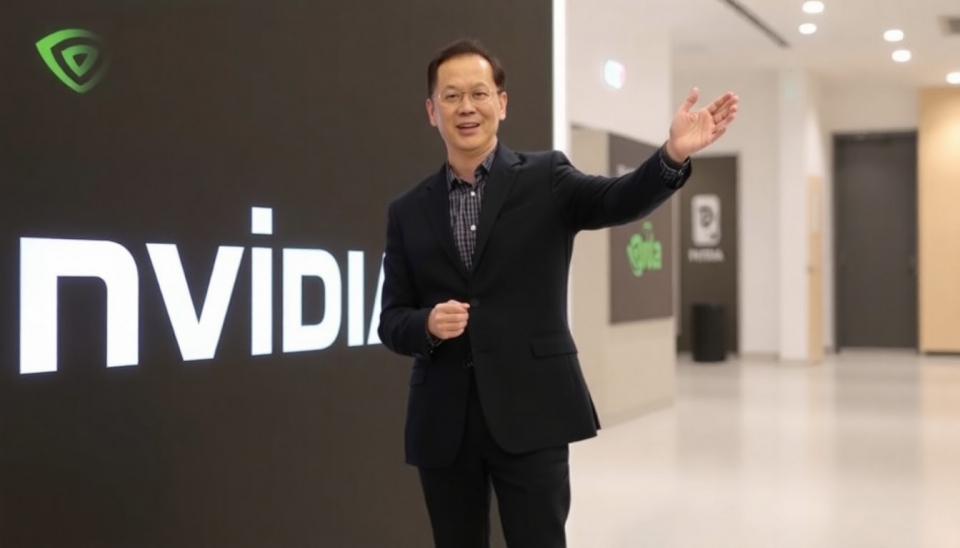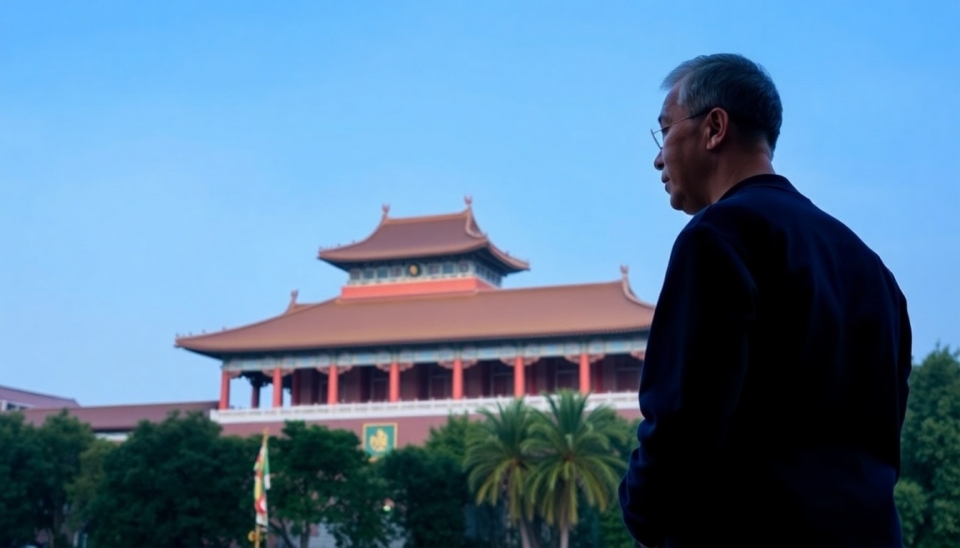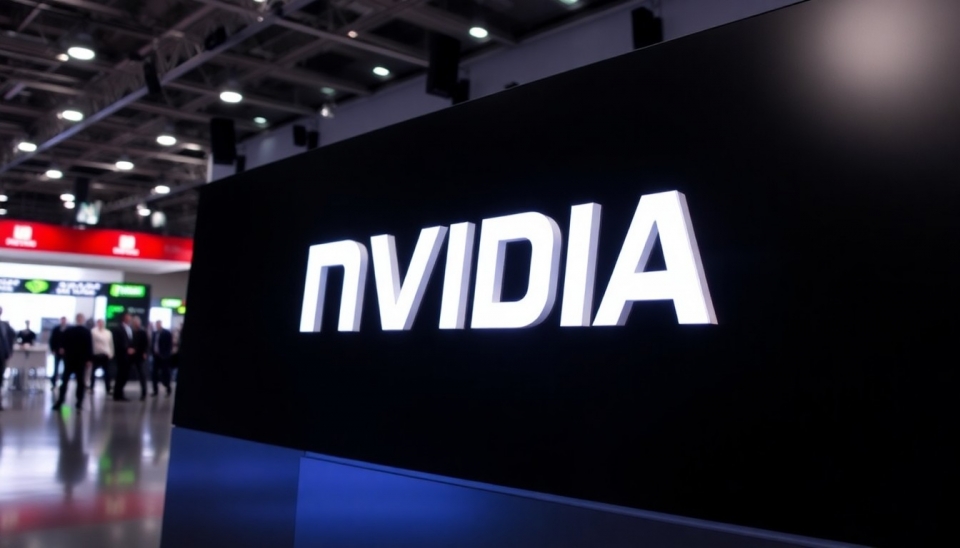
In a move with potentially huge implications for the broader technology world, China is urging domestic companies to reduce their reliance on advanced artificial intelligence chips from chipmaker Nvidia. The government has issued a directive to local firms to reduce reliance on foreign technology, particularly its advanced AI chip processors made by US-based Nvidia.
The order was issued amid growing friction between China and the US over technology issues. In such a move, the Chinese government is trying to enhance its self-sufficiency within the technology sector by discouraging the use of AI chips created by Nvidia. It is also interpreted as a tactical step to accelerate domestic semiconductor technologies.
For a long period of time, Nvidia, the US multinational giant manufacturing high-performance GPUs, enjoyed its oligopoly in the AI Chip market. Indeed, processors manufactured by the company are of high importance in different applications ranging from machine learning, through data analytics, to high performance computing. Thus, the ban ordered by the Chinese government may strike hard companies relying on technology manufactured by Nvidia.
A representative with the MIIT said, "Depending on chips from abroad is a betrayal of our national security and a drag on the development of our own technology sector. It is very important that we develop our own semiconductor technology.
This is also in line with China's general "Made in China 2025" strategy, which has the aim of reducing reliance on foreign technology and increasing competitive advantages in high-tech industries. It is one way China encourages local innovation and production in its quest to lead globally in technology.
Nvidia has not commented officially yet against the order from China. As analysts say, such a move might hurt Nvidia's market share and revenue generated through sales in China since it is one of the biggest markets for the company. The ban raises a number of questions on how Chinese technology companies will adapt to the absence of such a pivotal resource.
The Chinese tech giants, including Huawei and Baidu, have already invested significantly in the indigenous development of AI chips. The businesses are bound to further accelerate, the development of chips is likely to accelerate more, with the latest push by the government for technological autonomy.
Longer term, the directive may have broader ramifications for international tech collaborations and supply chains: as China becomes more self-sufficient, businesses around the world may need to rethink the way they participate in the Chinese market.
This marks one more development in the ongoing rivalry between the United States and China in trade and technology. The two countries are racing to the top in the fast-evolving field of AI, considered the cornerstone of future technological advancement and economic growth.
Ultimately, it is to be seen whether China's indigenous effort can serve as a replacement for the American chips of Nvidia AI. To a great extent, the outcome of this strategic shift will depend on how fast and with what efficiency Chinese companies build viable alternatives.
#Nvidia #AI #Chips #China #Technology #TechWar #Semiconductors #Innovation #TradeTensions #ArtificialIntelligence
Author: Liam Carter




